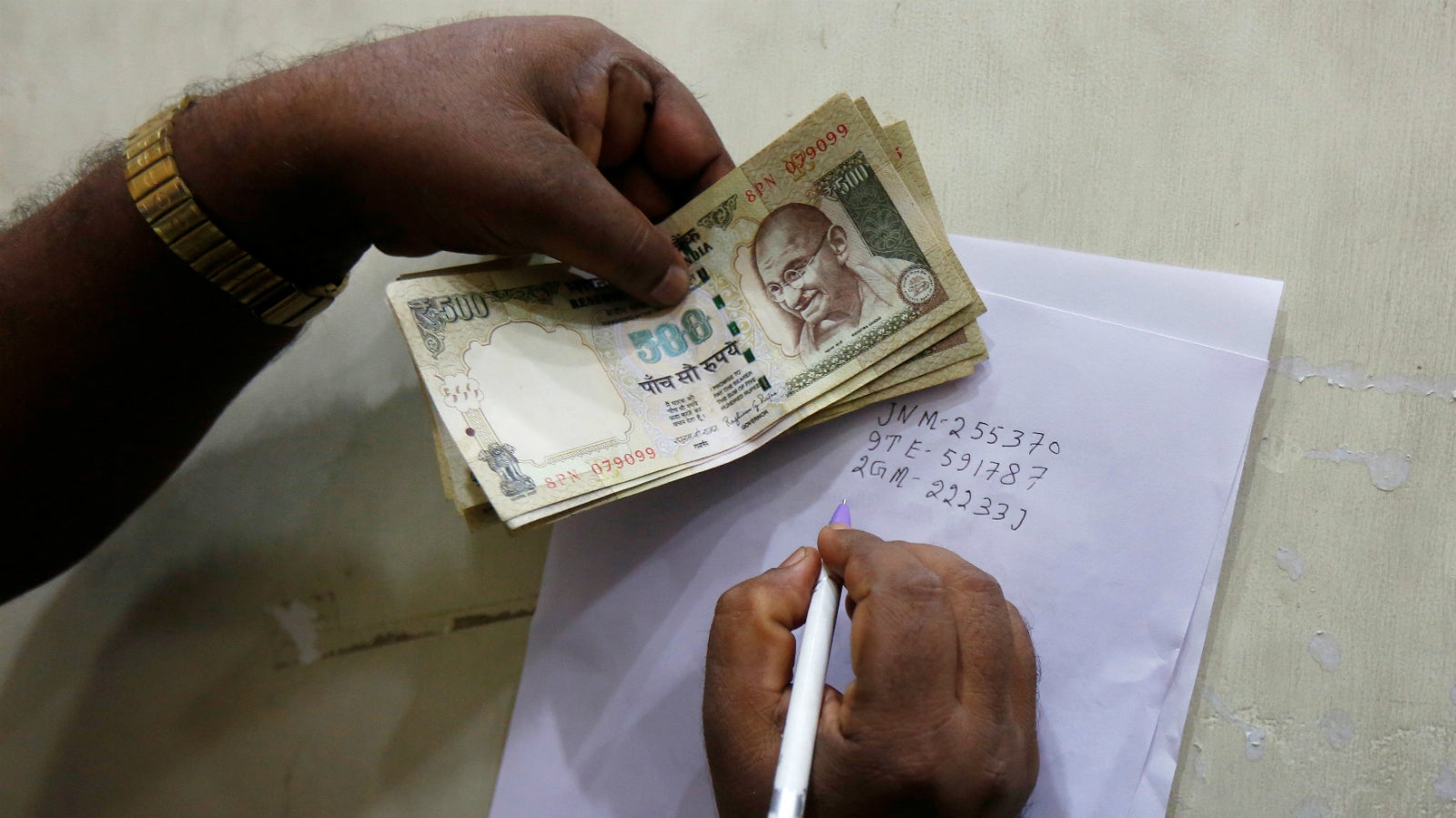Demonetisation will do little to kill India’s corruption problem, says former US treasury secretary
Larry Summers isn’t a big fan of big currency. In February, the former US treasury secretary made a strong case against high denomination currency notes, including €500 and $100, arguing that they fuel corruption and crime.


Larry Summers isn’t a big fan of big currency. In February, the former US treasury secretary made a strong case against high denomination currency notes, including €500 and $100, arguing that they fuel corruption and crime.
“What should happen next?” Summers wrote in The Washington Post, “I’d guess the idea of removing existing notes is a step too far. But a moratorium on printing new high denomination notes would make the world a better place.”
So you’d think that Summers would perhaps back the Narendra Modi government’s decision to replace Rs500 and Rs1,000 notes overnight. But the former World Bank chief economist is least impressed.
In a short but scathing post, Summers, along with Harvard doctoral candidate Natasha Sarin, has taken apart Modi’s demonetisation move. Describing the scheme as “the most sweeping change in currency policy that has occurred anywhere in the world in decades,” Summers and Sarin assert that it’ll do little to end India’s corruption problem.
Here’s an excerpt:
We recognise that many of those who hold large quantities of cash in India have come by their wealth in corrupt or illegal ways. So, the temptation to expropriate is understandable. After all, as the argument goes, anyone who came by their wealth legally has nothing to fear from coming forward and exchanging old notes for new ones.
Most free societies would rather let several criminals go free than convict an innocent man. In the same way, for the government to expropriate from even a few innocent victims who, for one reason or another, do not manage to convert their money is highly problematic. Moreover, the definition of what is illegal or corrupt is open to debate given commercial practices that have prevailed in India for a long time.
There are also questions of equity and efficacy. We strongly suspect that those with the largest amount of ill-gotten gain do not hold their wealth in cash but instead have long since converted it into foreign exchange, gold, bitcoin or some other store of value. So it is petty fortunes, not the hugest and most problematic ones, that are being targeted.
Without new measures to combat corruption, we doubt that this currency reform will have lasting benefits. Corruption will continue albeit with slightly different arrangements.
On balance, nothing in the Indian experience gives us pause in recommending that no more large notes be created in the United States, Europe, and around the world. We were not enthusiastic previously about the idea of withdrawing existing notes from circulation because we judged the costs to exceed the benefits. The ongoing chaos in India and the resulting loss of trust in government fortify us in this judgement.